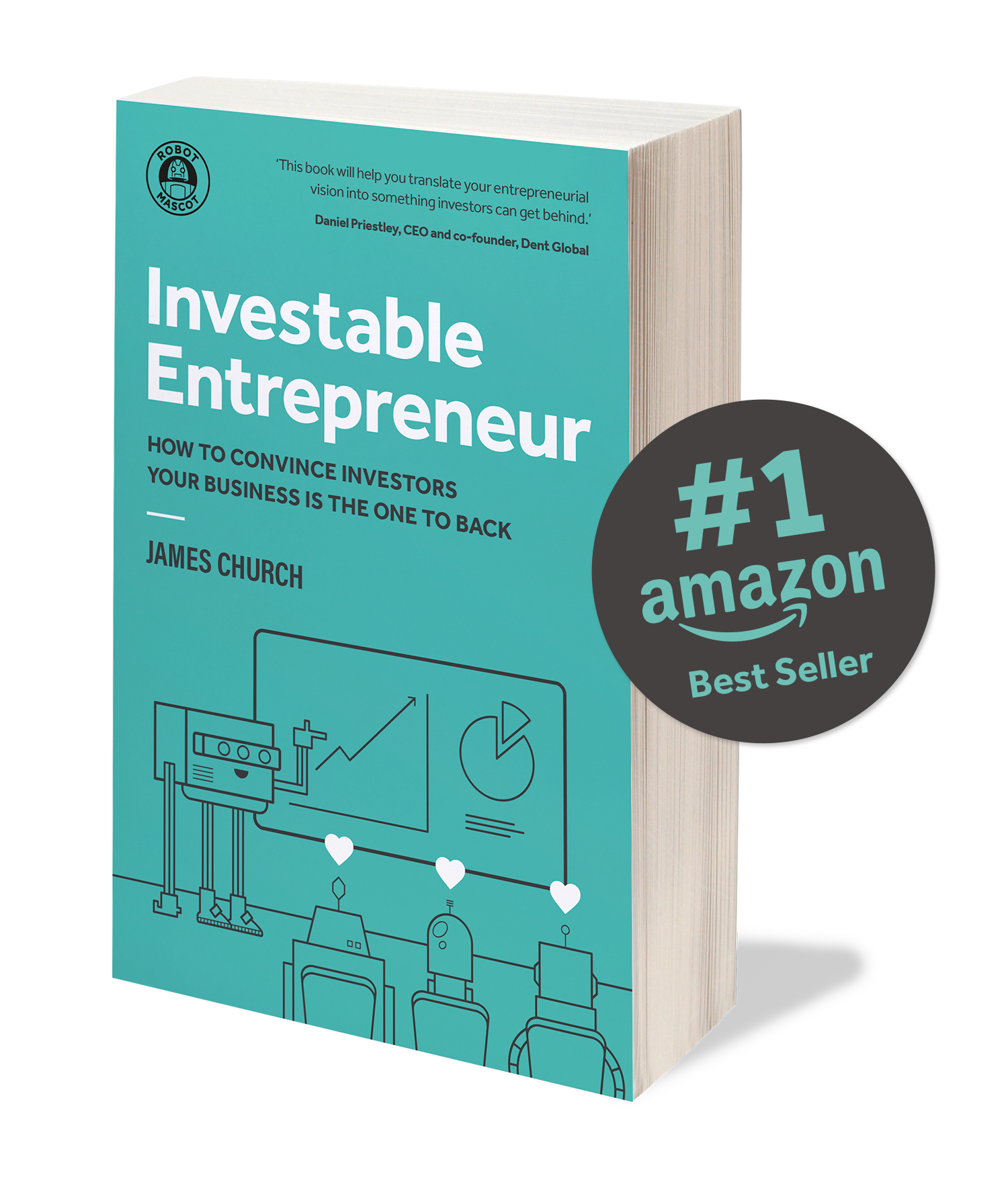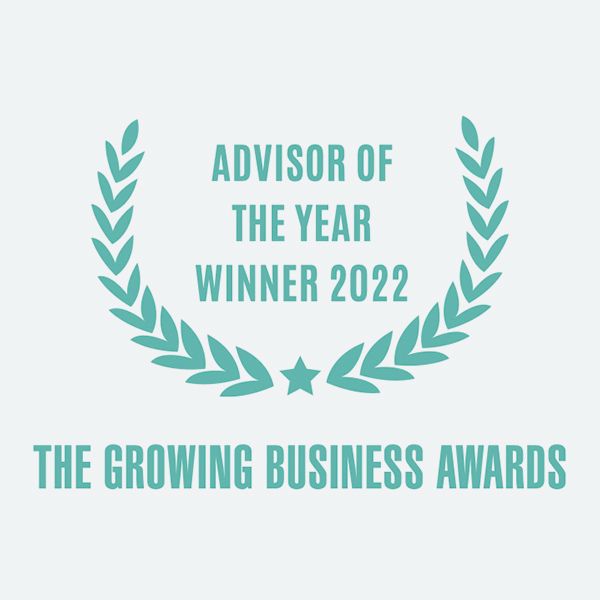

6 Reasons Why Startups Need a Business Plan for Series a Funding
18th March 2025
Securing series A funding is a significant milestone for startups, but it’s also a challenging hurdle. In fact only 20-30% of seeded companies successfully raise a series A round. This statistic underscores the importance of one key asset…
Your series A business plan.
A well-crafted business plan is vital for startups seeking series A funding as it serves as a roadmap for growth and a tool to attract potential investors.
A comprehensive business plan can also significantly improve a startup’s chances of securing funding. While exact figures vary, startups with robust business plans are generally more likely to secure investment. For instance:
- Companies that join top-tier accelerators, which often help refine business plans, have a higher statistical chance of securing series A funding.
- Only 20-30% of companies that raise a seed round are successful in then raising a series A investment.
These statistics highlight the critical role a well-prepared business plan plays in convincing investors of a startup’s potential and readiness for series A funding.
Don’t forget that we can help you with our Startup Business Plan Services.
So, here’s why a comprehensive business plan is essential for securing Series A funding…. And some advice on how to develop yours.
1. Demonstrates market fit and growth potential

A robust business plan showcases your startup’s market fit and growth potential. It outlines your objectives, market potential, and competitive edge. Investors in series A funding are looking for startups that have demonstrated a clear market fit and are ready for scaling. Your business plan should articulate your unique value proposition and differentiation strategy, illustrating how your product or service solves a problem effectively.
READ: How To Create Business Plans For Startups
2. Provides financial projections and scalability
Series A investors expect to see detailed financial projections and a scalable business model. Your business plan should include:
- Revenue projections
- Cost estimates
- Profit margins
- Scalability metrics
These financial details help investors assess the potential return on their investment. Typically, series A valuations for UK companies range between £10 million to £30 million or more, with the median series A funding amount around £7.7 million in 2022-2023. According to recent data, series A rounds in the UK can raise between £3 million to £20 million or more, depending on the company’s market potential and growth prospects.
READ: How to Prepare Financial Projections for Potential Investors
3. Outlines strategic use of funds
Investors want to know how you plan to use their capital. Your business plan should detail how the funds will be allocated for:
- Scaling operations
- Product development
- Team expansion
- Marketing efforts
- Market expansion
This demonstrates that you have a clear vision for growth and understand the resources needed to achieve your goals.
READ: Business plans for investors – Less is more
4. Showcases team strength and expertise

A strong team is critical for series A funding. Your business plan should highlight the skills and experience of your management team. Investors often bet as much on the team as they do on the idea itself. Demonstrating that you have a capable team in place to execute your vision can significantly boost investor confidence.
READ: What’s more important to investors: the idea or the team?
5. Provides a clear roadmap for growth
Your business plan should include a strategic roadmap showing how you intend to reach your growth targets. This includes:
- Short-term and long-term goals
- Key milestones
- Market expansion strategies
- Product development timelines
A clear roadmap helps investors visualise your startup’s future and understand the potential for substantial returns.
READ: Why you should grow your audience before raising investment (and how to do it)
6. Validates your business model
Series A investors are looking for startups with a viable and scalable business model. Your business plan should demonstrate how your startup will generate long-term profit. This includes details on your:
- Revenue streams
- Customer acquisition strategies
- Cost structure
- Competitive advantages
By presenting a well-thought-out business model, you show investors that your startup has the potential to become a significant player in its market.
READ: 12 most popular and effective revenue models for startups
Advice: How to develop a business plan for series A funding

Series A business plan checklist
Crafting a business plan for series A funding requires precision and attention to detail. Here’s a checklist to help you ensure your business plan is series A-ready:
- Executive summary: Does it succinctly describe your business, target market, and value proposition?
- Market analysis: Have you provided data on market size, target audience, and trends?
- Competitive landscape: Does your plan identify competitors and highlight your unique advantage?
- Financial projections: Are revenue, cost, and profit margin forecasts clear and realistic?
- Use of funds: Have you detailed how the series A investment will be allocated?
- Scalability: Does the plan demonstrate your ability to grow sustainably?
- Team expertise: Have you showcased the strengths and relevant experience of your leadership team?
Demonstrate market traction
Investors expect Series A startups to provide concrete evidence of market traction rather than early-stage validation. Here’s how to showcase this effectively:
- Product–market fit: Present validated user feedback, testimonials, and engagement data that prove your solution is solving a real problem for a loyal customer base.
- Revenue growth and KPIs: Highlight consistent revenue growth, customer acquisition trends, and other key performance indicators that demonstrate momentum.
- Customer engagement metrics: Show strong retention rates, repeat purchases, customer satisfaction scores, and other engagement metrics that indicate long-term viability.
- Marketing performance: Provide verified data on customer acquisition costs (CAC), conversion rates, and channel performance, demonstrating a scalable and repeatable growth strategy.
The role of your investor pitch deck
While a business plan is a detailed document that outlines your long-term vision, an investor pitch deck is a concise presentation designed to grab investors’ attention quickly. Both are essential in the fundraising process, but they serve distinct purposes.
- Business plan: Provides comprehensive details about your startup, including market research, financial projections, and strategic goals. It is usually shared with investors after initial interest is piqued.
- Pitch deck: Acts as the visual summary and first impression. It’s used during pitch meetings to communicate key highlights, such as your market opportunity, product offering, and revenue model.
Get help with your pitch deck!
Tools and resources
Creating a professional business plan doesn’t have to be an overwhelming task. Numerous tools and resources are available to simplify the process and ensure your plan meets investor expectations.
DOWNLOAD: Free Business Plan Template
Government and nonprofit organisations, such as the UK Government’s Business Support Hub or Small Business Administration (SBA) in the US, provide free guides and resources.
These tools and templates can streamline the process and ensure your business plan looks polished and professional.
Don’t forget that we can help you with our Startup Business Plan Services.
How To Raise Capital For Your Business
Investable Entrepreneur takes you through our winning methodology – the process we use to increase our client’s chances of raising investment by more than 30x.
“This book will help you translate your entrepreneurial vision into something investors can get behind.”
Daniel Priestley, CEO and founder, Dent Global and four times best-selling business author

Keep up to date with what we’re up to via email






Copyright ©Robot Mascot Ltd. All rights reserved.




